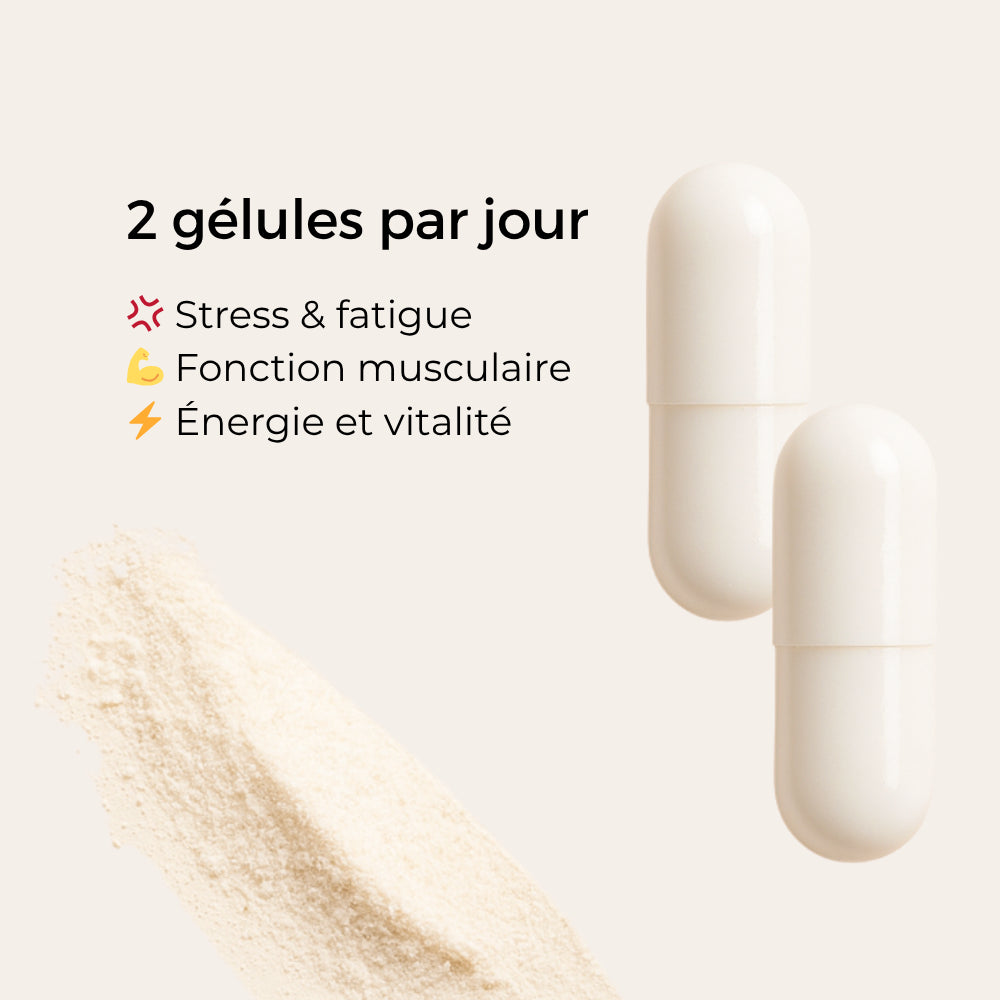
The role of sleep in regulating emotions
Sleep plays a crucial role in our overall well-being, affecting not only our physical health, but also our mental and emotional health. Emotion regulation, in particular, is closely linked to the quality and quantity of sleep we get each night. In this article, we’ll explore how sleep influences our emotions, the consequences of sleep deprivation, and practical tips for improving your sleep and, in turn, your emotional stability.
How sleep influences our emotions
Sleep is an essential restorative process for the brain. During sleep, the brain processes and organizes information received throughout the day. This process includes managing emotions and emotional memories. Studies show that sleep, particularly rapid eye movement (REM) sleep, plays a key role in regulating emotions by allowing the brain to process emotional experiences and integrate them into our memory.
When we get enough sleep, our brains are better equipped to handle stress, anxiety, and other negative emotions. A good night’s sleep helps strengthen the neural circuits that regulate emotions, allowing us to respond more appropriately to stressful situations and maintain a positive outlook.

The effects of lack of sleep on emotions
Lack of sleep, on the other hand, can have devastating effects on our emotional regulation. Research indicates that even moderate sleep deprivation can increase irritability, anxiety, and susceptibility to stress. That's because sleep deprivation reduces activity in the prefrontal cortex, the region of the brain responsible for controlling emotions, decision-making, and social behavior.
Without enough sleep, we are more likely to overreact or react inappropriately to stressful situations. For example, one study found that sleep-deprived people are 60% more likely to react intensely to negative images compared to those who got enough sleep. Additionally, chronic sleep deprivation can lead to more serious mood disorders, such as depression and anxiety.

Tips to improve sleep and emotion regulation
1. Establish a regular sleep routine: Going to bed and waking up at the same time every day, even on weekends, helps regulate your body clock and improve the quality of your sleep.
2. Create a conducive sleep environment: Make sure your bedroom is dark, quiet and cool. Use blackout curtains, earplugs or a white noise machine if necessary.
3. Limit screen time before bed: Blue light from phones, tablets, and computers can disrupt the production of melatonin, the sleep hormone. Try to turn off electronics at least an hour before bed.
4. Avoid stimulants late in the day: Caffeine, nicotine, and even alcohol can interfere with your ability to fall asleep and stay asleep. Try to avoid them in the hours before bed.
5. Practice relaxation techniques: Activities like meditation, yoga, or deep breathing can help reduce stress and prepare your body and mind for sleep.
6. Exercise regularly: Regular exercise can improve sleep quality. Try to exercise during the day, but avoid strenuous activities right before bed.
7. Watch your diet: Avoid heavy meals and spicy foods right before bed. Opt for a light snack if you feel hungry in the evening.
6. Take food supplements: Natural food supplements , with or without CBD, have proven to be very effective in improving sleep onset and sleep quality.
Testimonials and case studies
Many people have seen significant improvements in their emotional regulation after improving their sleep quality. For example, Sophie, a young mother, noticed she felt less irritable and more patient with her children after implementing a strict sleep routine. Similarly, Jean, a stressed-out executive, saw his anxiety decrease after he began practicing meditation before bed.
Scientific studies also support these observations. Research from the University of California, Berkeley, demonstrated that deep sleep helps reset the brain and set the stage for healthy emotional management the next day. Study participants who received quality sleep showed a better ability to handle stressful situations and negative emotions compared to those who were sleep deprived.
Conclusion
Sleep is a vital pillar of our emotional well-being. By taking steps to improve the quality of your sleep, you can not only strengthen your physical health, but also better manage your emotions and reduce daily stress. Adopt an age-appropriate sleep routine, create an environment conducive to rest, and incorporate relaxation techniques into your daily routine. Your mind and body will thank you.

























